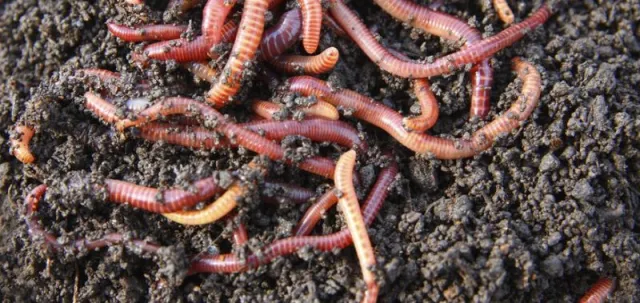Earthworm farming is arguably one of the most profitable yet less explored agribusiness in Kenya. Many farmers are yet to tap into the venture primarily due to lack of information.
George Muturi, a Kiambu-based farmer is one of the farmers reaping big from the venture through the sale of vermicompost and vermiliquid.
According to WoK, the farmer began the venture in 2015 after an encounter with an officer from the International Centre for Insect Physiology and Ecology (ICIPE) while purchasing black soldier fly eggs for his poultry farm.
Intrigued by the officer’s suggestion, Muturi seized the opportunity to explore vermiculture, an affordable and straightforward farming method.
Today, his farm in Lari, Kiambu County hosts earthworms and insects that are reared mainly for the production of organic vermicompost and larvae.
He explains that the worms multiply faster and can increase from one kilogram (around 1500 worms) to a whopping 4000 kilograms within a year.
Dairy Farming Kenya: How my modern dairy farm makes millions monthly
Capitalizing on this exponential growth, he harvests 100-150 kilograms of vermicompost and 80-100 liters of vermiliquid each month.
A kilogram of vermicompost fetches Sh70, while a litre of vermiliquid earns him Sh150. Muturi earns a monthly income of approximately Sh25,500.
Additionally, he sells 10 kilograms of worms to other farmers, adding another Sh20,000 to his earnings.
Vermi-Liquid is a liquid extract from a worm bed that is used for fertilizing, eliminating pests, and promoting healthy plant growth. Farmers rear worms and harvest the nutrients from worm waste.
According to Real IPM Smallholder Enterprise Center Manager Isaac Guda, vermiliquid supplies crops with both micro and macronutrients, which are necessary for holistic growth.
Guda says the liquid has more than 15 micro and macro-elements, unlike synthetic fertilizers, which are specific in nutrient supply i.e. NPK, DAP, CAN.
“The main benefit of vermiliquid over conventional fertilizers is that it contains almost all the nutrients required at one go to address specific crop needs,” Guda said.








